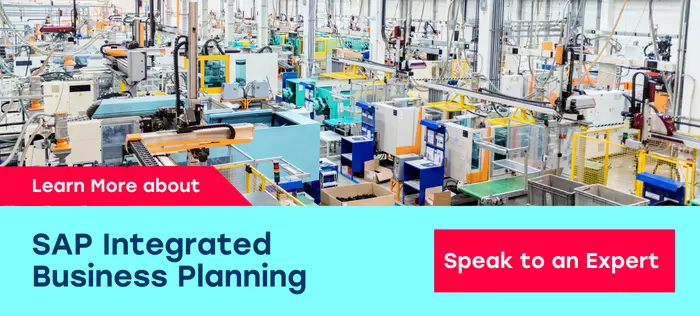

The USMCA agreement went into effect on July 1, 2020, ending the NAFTA agreement which had been in place for 26 years. One of the main focuses of the new agreement is to update the regulations for the automotive industry. While there are similarities to the old NAFTA agreement, it is critical for the parties engaged in the automotive supply chain to understand the key differences and how these changes will affect current and future operations.
One major change with USMCA is the certification requirements. For most vehicles, three certificates will be required to claim preferential, duty-free treatment:
Highlighted below are a few key changes between NAFTA & USMCA:

Under NAFTA, when claiming preferential treatment for the labor value content (LVC) requirement, there weren’t any wage requirements for the manufacturing of automobiles. Now in order to qualify for duty-free treatment, the USMCA requires 30% of work performed on the manufacturing of automobiles in the U.S. to be done by workers earning an average of $16 per hour. This overall LVC is set to increase every year until 2023 when it will be capped at 40% for passenger vehicles. It has already been capped at 45% for commercial trucks.
In order to take advantage of the benefits afforded by the USMCA, automotive companies should review the LVC requirements. One example is that the requirements only apply to passenger vehicles, light trucks, and heavy trucks. The requirements can include different amounts in the wage calculation such as an amount for high-wage materials used in production, an amount for high-wage labor costs incurred in the assembly of the vehicle, as well as an amount for high-wage transportation or related costs for shipping materials to the location of the vehicle producer (if not already included in the amount for high-wage materials).

In addition to the LVC requirement, automotive companies need to be careful regarding the Regional Value Content (RVC). USMCA provides two RVC calculation methods: Net Cost Method and Transaction Value Method; however, the automotive sector must use the Net Cost Method for passenger vehicles, light trucks, and heavy trucks.

Along with updated certification requirements, automotive companies should be aware of changes to Regional Value Content (RVC) requirements and tariff shift rules for motor vehicles and motor parts.
For instance, these are a few of the updated RVC requirements:
For passenger vehicles and light trucks (net cost method):

The final certification requirement detail in the USMCA relates to steel and aluminum. Under the USMCA, a passenger vehicle, light truck, and heavy truck will be considered originating only if at least 70% of the vehicle producer´s purchases of steel and aluminum are originating. This requirement applies to the vehicle producer’s purchases at the corporate level throughout North America. It is important for companies to carefully review their global supply chain to confirm that additional steel and/or aluminum content does not need to be sourced from a USMCA territory in order to claim duty-free treatment.
Taking into account all the different requirements coming from USMCA as well as the impact that the agreement has on the sales & operations planning process, SAP IBP adds value for companies in the automotive sector that is critical and may have a direct impact on the bottom line.
